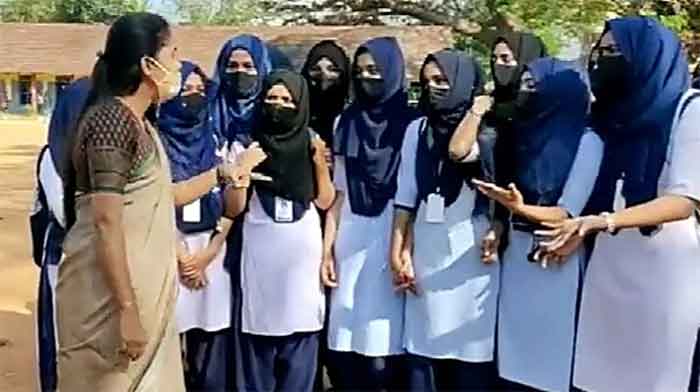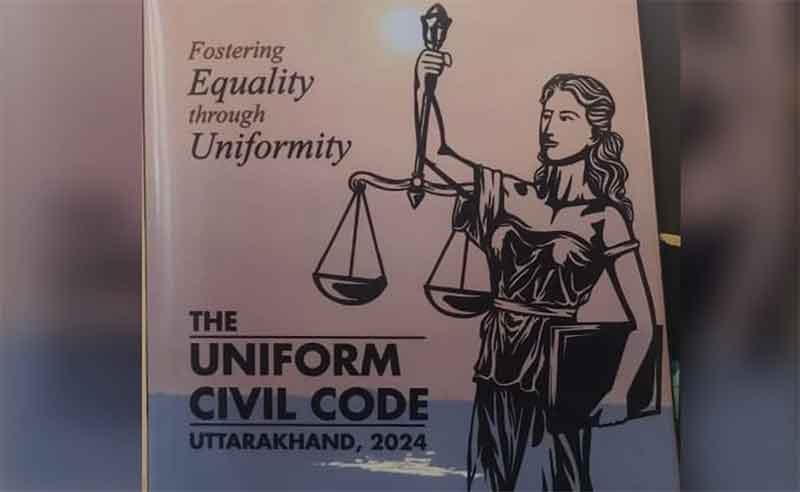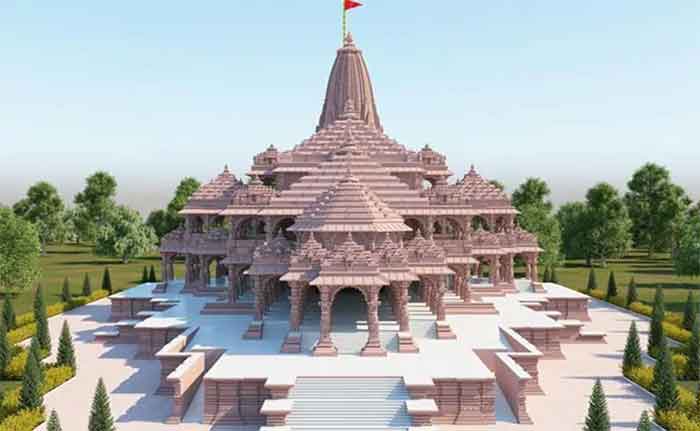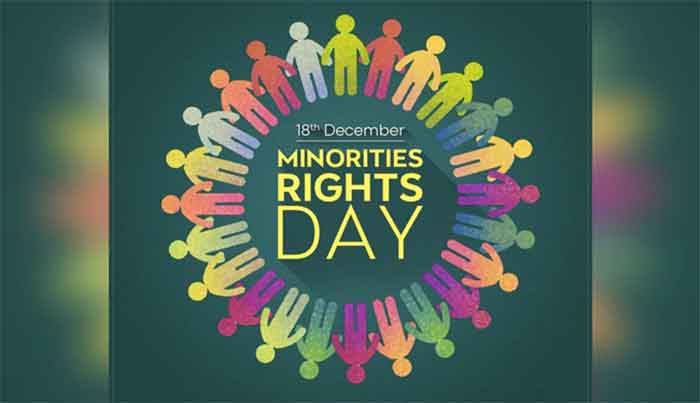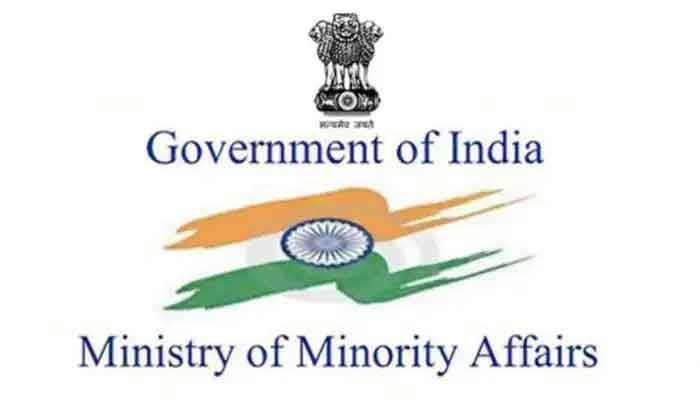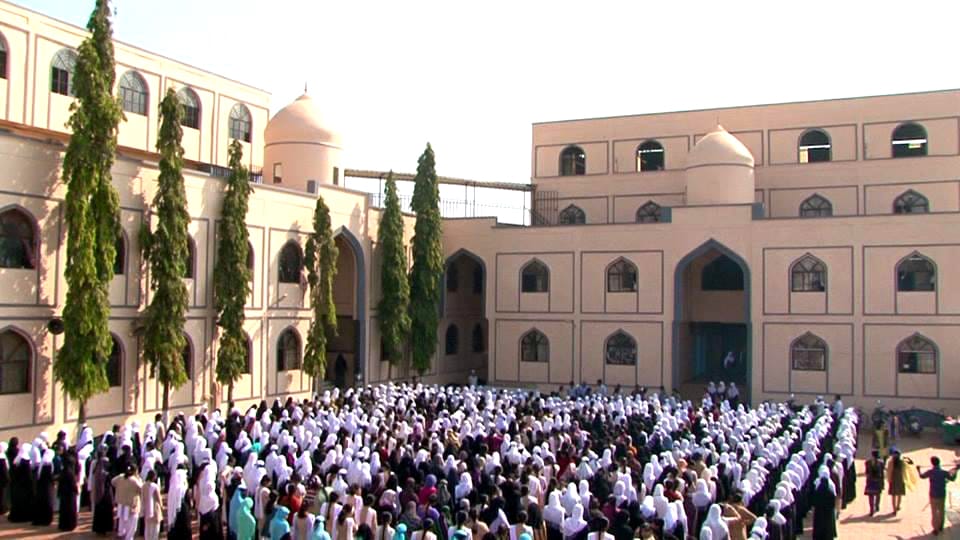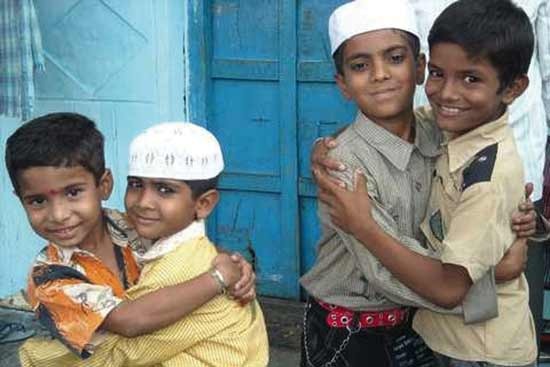
Prologue
It is a well-established fact that police, politics and state institutions are hugely biased against Muslims, Islam and the idea of minority rights in India. Despite facing challenges, constitutional autonomous authorities must function independently and remain impartial. Looking at the various instances of the past few years, it seems that the government and state institutions have unleashed a malicious campaign against Islam and Muslims. The most disturbing part of this whole debate is that the judiciary too has joined this cluster, which is a very sorry state of affairs, particularly in a nation where social justice, minority rights, and secularism are explicitly guaranteed by the Constitution of India. Countless examples have been documented and continue to surface almost daily, demonstrating the deliberate and calculated hate speech directed towards Islam and Muslims.
In the given scenario, the only hope for those advocating human rights, social justice, and preserving constitutional values is the judiciary. Ostensibly, the judiciary too joined the communal diatribe and if it is a factual reality it would be a catastrophic situation for those who believe in the idea of India and democracy. In the recent past, the number of anti-Muslim verdicts has significantly increased under the current government, which could lead to more religious conflicts. This situation may benefit right-wing political parties as polarization is the sole tool in their strategy. Additionally, the recent ruling by the Allahabad High Court that declared the Uttar Pradesh Madarsa Act 2004 unconstitutional is an example of how the judicial system operates in modern India. This decision has raised questions about what reasoning and logic have been used to draft this verdict, which is fundamentally wrong, illegal and unconstitutional.
This inexplicable judgement has sparked a myriad of debates and discussions across the nation. In this case, the petitioner Mr. Anshuman Singh Rathore filed a petition contesting the Act’s constitutionality, and the court issued its ruling in response. According to the law, the petitioner had complained about the Minority Welfare Department’s supervision of madrasas on behalf of both the federal government and the state governments. The measure was invalidated by the division bench on Friday, citing violations of the Constitution’s secular values. This decision has brought to light the critical issues about the protection of minority rights and prospects of Articles 29 and 30 of the Constitution of India, the essence of secularism, and the fundamental principles enshrined in the Indian Constitution. The crux of the matter lies in the apparent violation of Articles 29 and 30 of the Indian Constitution, which safeguards the rights of minorities to conserve their distinct language, script, or culture and to establish and administer educational institutions of their choice. However, the court’s ruling seems to have undermined these constitutional provisions, raising questions about the judiciary’s commitment to upholding fundamental rights.
Article 29 ensures the protection of the interests of minorities by granting them the right to preserve their unique cultural identity. Article 30 further extends this protection by empowering minorities to establish and manage educational institutions without discrimination. By striking down the UP Madarsa Board Act 2004, the court has essentially encroached upon these constitutional guarantees, infringing upon the autonomy of Muslim educational institutions. Moreover, the judgment appears to contradict Article 25, which prohibits discrimination on the grounds of religion in educational institutions funded by the state. The verdict renders Muslim educational institutions vulnerable to state interference, thereby compromising their autonomy and impeding their ability to provide quality education tailored to the needs of their community.
The ill-effect of the verdict
The implications of this verdict extend beyond legal technicalities to the core principles of secularism and equality enshrined in the Indian Constitution. Secularism, as envisaged by the framers of the Constitution, implies the state’s impartiality towards all religions, ensuring equal treatment and opportunities for individuals of every faith. However, the court’s decision raises concern about the unequal treatment of Muslim minorities, denying them the same rights enjoyed by other religious communities. It is imperative to note that Christians enjoy complete autonomy in running their educational institutions, whereas Sikhs have the freedom to establish and operate their educational institutions such as Khalsa Schools and Colleges. Hindus, on the other hand, already possess a vast array of educational institutions, including Gurkuls, DAV Schools, and Religious Institutions, where religious education is an integral part of the school curriculum.
Therefore, it is entirely incomprehensible why the Madarasa Board has been singled out. This judgment blatantly deprives Muslims of the same privileges that are readily available to all other religious groups in the country. This discriminatory action not only undermines the fundamental principles of secularism but also exacerbates the existing social disparities and perpetuates a sense of marginalization among the Muslim community. Furthermore, the verdict has created a crisis for lakhs of Muslim students enrolled in Madrasas regulated by the UP Madarsa Board Act 2004. The legality of their educational institutions is now in limbo, leaving them with uncertainty and chaos in their academic pursuits. The disruption caused by the court’s decision underscores the need for a more nuanced approach that balances legal considerations with the welfare of vulnerable communities.
Given the complexities surrounding the issue, it is imperative that the judiciary reconsiders its decision and considers the broader implications of its judgment as 26 lakh students and around 10 thousand teachers future at stake. While it is important to uphold the principles of constitutionalism and the rule of law, it should not be done at the cost of disregarding the rights of minority groups or social justice. Therefore, the judiciary should strive to maintain a delicate balance between preserving constitutional values and protecting the rights of marginalized communities. Moreover, the government must address the lacunae in the current legal framework and ensure that the rights of minorities are adequately protected. Concrete measures must be taken to promote inclusive education and empower minority communities to preserve their cultural heritage and religious identity without fear of discrimination or marginalization.
Uncertain future of Madrasa students of UP
Declaring the UP-Madrasa Board education system unconstitutional by the Allahabad High Court through an abrupt ruling is a serious threat to the educational future of lakhs of thousands of students who attend Madrasas in Uttar Pradesh. This verdict has caused confusion and distress among these students, as it could potentially disrupt their academic paths and lead to the loss of educational opportunities. The lack of clarity about alternative options for continuing their education adds to the problem, leaving students and their families uncertain about their future. Additionally, the abrupt nature of the verdict has left little time for proper planning, which further compounds the challenges faced by the affected students. The hasty implementation of such a significant policy change without proper provisions for the welfare and academic continuity of students shows a lack of concern for their rights and well-being. Immediate action is necessary to address the concerns of these students and ensure that they are provided with the necessary support and guidance during this difficult period.
Propaganda versus reality
The main criticism of the Madrasa Board is that Muslim children and youths are encouraged to become radicalised through the Madarasa educational system. It is propagated that Muslims are also naturally violent since the Madrasa educational institution instils violence in their mind as part of their Islamic teaching. Moreover, Muslims were held accountable for forcing non-Muslims to convert to Islam; however, today the blame is placed on the religion itself for propagating Madarasa promotes prejudice and intolerance and doesn’t welcome scientific, secular and mainstream education as per National Education Policy 2020. The people are exposed to this erroneous belief thanks to massive communal propaganda through social media and state-owned media outlets.
The Madrasa education system in India has been a topic of much discussion, with opinions ranging from praise to criticism. This system of education is often surrounded by various misconceptions and unfounded accusations, which can make it difficult to understand the true nature of this traditional method of learning.
For many generations, Muslims have turned to madrasas to deepen their knowledge of Islam. These institutions have a rich history that dates back to our forefathers, who issued a fatwa against the British government in support of the struggle to India’s independence. Some of the most prominent madrasas in Uttar Pradesh have played a significant role in India’s independence movement. For example, Shibli College (founded by Shibli Nomani), Sir Syed High School Aligarh, Madarsa Darul uloom Ahle Sunnat, Bareily, Madarsa Arabiya Faize Naeemi Saraiya Pahari Amari, Azamgarh are just a few of the institutions that have helped shape the course of history in India.
Madrasas provide teachings on distinguishing between mischief and jihad, recognizing right and evil, and pursuing justice – all of which are essential aspects of leading a righteous way of life. It is vital to provide a balanced view of this matter, recognizing the system’s contributions while addressing concerns about radicalization. Firstly, it is important to note that Madrasas play a significant role in providing education, especially to marginalized Muslim communities at very affordable cost or almost negligible fees. These institutions offer not only religious education but also secular subjects such as mathematics, science, and humanities. Contrary to popular belief, many Madrasas have adapted their curriculum to include modern subjects, allowing students to receive a well-rounded education.
The integration of secular subjects within the Madrasa curriculum reflects a commitment to holistic learning and the development of critical thinking skills. By exposing students to diverse fields of knowledge, Madrasas contribute to their intellectual growth and equip them with the tools necessary to navigate an increasingly complex world. Moreover, allegations of Madrasas being breeding grounds for violence and radicalization are largely unfounded and misleading. Such claims perpetuate harmful stereotypes and contribute to the stigmatization of Muslim communities. In reality, the vast majority of Madrasas prioritize peace, tolerance, and social harmony, instilling values of compassion and empathy in their students.
It is crucial to acknowledge that incidents of radicalization can occur in any educational institution or community and are not exclusive to Madrasas. Blaming Madrasas for societal problems is a simplistic and unjustified response that fails to consider the multifaceted nature of radicalization and extremism. Moreover, many Madrasas actively promote interfaith dialogue and cooperation, nurturing understanding and mutual respect among different religious communities. Initiatives aimed at fostering religious tolerance and coexistence are an integral part of the Madrasa education ethos, challenging the notion that these institutions are inherently divisive or exclusionary.
In the past there have been some isolated cases where individuals associated with Madrasas have been involved in extremist activities. However, this argument applies equally to all educational institutions. Therefore, if a Sikh or Hindu terrorist is arrested under charges of terrorist activities, it would be unfair to blame their educational institution for their conduct. It is unjust to generalize these incidents and attribute them to the entire Madrasa system. Instead, targeted interventions and collaboration between government authorities, community leaders, and educators should be implemented to address such incidents.
Final remarks
In my personal opinion, the Madrasa education system in India is an important avenue for educational empowerment and social upliftment, especially for marginalized Muslim communities. Although allegations of radicalization are often sensationalized and exaggerated, it is crucial to approach this issue with nuance and objectivity. By recognizing the positive contributions of Madrasas and addressing legitimate concerns through constructive dialogue and collaboration, we can work towards ensuring a more inclusive and harmonious society for all. The recent verdict of the Allahabad High Court on the UP-Madrasa Act 2004 has raised significant constitutional and moral questions concerning the protection of minority rights, secularism, and the possibility of providing substantive equality to the marginalized community in BJP-ruled states. This judgment highlights the urgent need for intervention from the Hon’ble Supreme Court to uphold the principles of justice, fairness, and secular values. It is important to restore the essence of Articles 29 and 30, read with Articles 14 and 25 of the Constitution of India in UP state.
Dr Narender Nagarwal teaches at Campus Law Centre, Faculty of Law, University of Delhi

